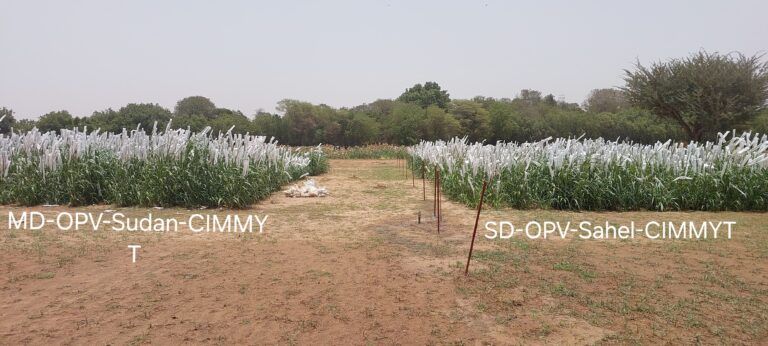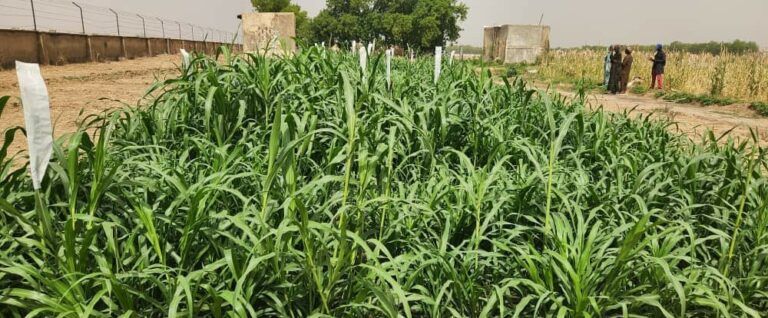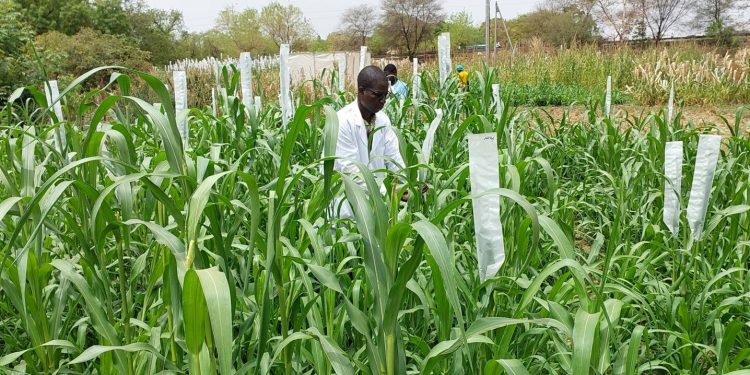Transforming Collaborative Breeding for Agricultural Impact in Sub-Saharan Africa
Traditional approaches to public breeding programs have historically centered around breeders wielding significant decision-making authority. However, this structure can inadvertently stifle collaboration critical for innovation.
The emergence of the regional shared breeding pipeline model marks a paradigm shift, especially in the context of addressing market demands and environmental challenges. This approach, pioneered by the Accelerated Breeding initiative, is notably exemplified by the International Maize and Wheat Improvement Center (CIMMYT)’s Dryland Crops Program in sub-Saharan Africa.

At its core, this model promotes multidisciplinary collaboration through the formation of product design teams (PDTs) for each crop. These teams unite breeders with farmer representatives, pathologists, agronomists, socio-economists, seed systems specialists, nutritionists, gender specialists, and representatives from the seed industry. By integrating diverse expertise, PDTs facilitate holistic approaches to crop improvement.
Key strategies include the establishment of tailored improvement plans aimed at enhancing national partners’ capabilities and efficiency within the breeding process. This approach not only strengthens local capacity but also aligns breeding activities with specific market segments, optimizing resource allocation across the value chain.
Central to its success is the implementation of regional breeding pipelines, where lead Centers coordinate breeding and testing activities. This collaborative framework allows partners to strategically select breeding and testing locations based on market segment priorities, ensuring relevance and impact.
The regional shared breeding pipeline model signifies a pivotal advancement in genetic innovation, fostering sustainable agricultural practices and bolstering food security across sub-Saharan Africa. By transcending traditional breeder-centric models, this approach embodies the future of collaborative breeding, driving agricultural advancements that are both inclusive and impactful.






